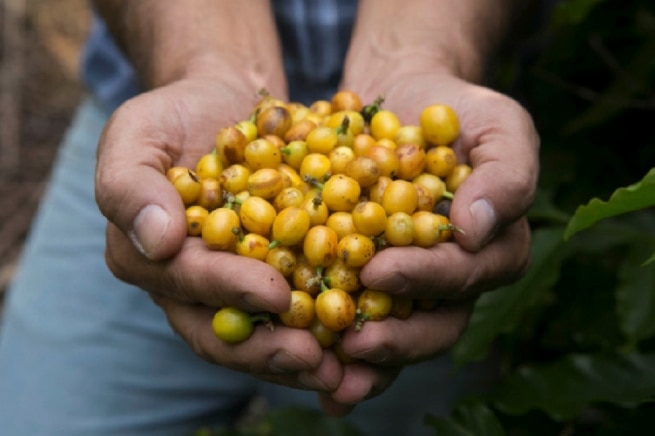Working hand in hand: How your business can start thinking about sustainability collaboratively

Experts say collaboration is key to unlocking a greener future
Businesses are being asked to do more than ever to solve social and environmental problems. As a result, a growing number of leading companies are partnering to take on the challenge of sustainability seriously, not only to reduce their environmental footprint and bolster their reputations but also to improve operations and financial performance.
And the reason why is clear: corporate collaboration can drive exponentially greater impact and can motivate employees by connecting them with projects greater than themselves. Whether this is as small as ensuring your suppliers are eco-friendly, or investing in a sustainable coffee machine for your employees, or as large as investing in renewable energy or designing your office in a way that reduces carbon emissions, ensuring the future of sustainability in Australia cannot be done alone.
We asked four experts across a range of industries for their tips on how to challenge your business to think, act and consume more consciously, and contribute to a more sustainable future.

Paul Klymenko shares his wisdom on taking the first step to finding sustainable partners
1. Collaborate internally to create a set of goals : Paul Klymenko from Planet Ark suggests that people often want to do the right thing, provided it’s easy and convenient to do so. As a first step, Paul recommends sitting down as a team and talking through what you want to achieve and mapping out who you have to speak with to get there. Setting up clear reasons to collaborate as well as simple, realistic goals, helps define success. Take a look at your current supplier or partner list and research if any of them are already undertaking sustainable activities that you can take part in or offer environmentally-friendly alternatives. You can visit the Planet Ark Business Recycling website to get you started: http://businessrecycling.com.au/.
2. Take inspiration from industry leaders : If you’re struggling for inspiration, Mitch Monaghan, Nespresso Australia’s Coffee Ambassador, says that it is Nespresso’s work in ensuring that it is working with industry-leading partners from the very beginning of its product life cycle that helps contribute to its positive environmental impact. Throughout his travels visiting coffee sourcing regions, he has seen the innovation that partnering with leading non-profit organisations and development agencies such as the Rainforest Alliance and Fair Trade has led to. Spend some time researching how industry leaders are setting the standards. These engagements “help you develop or design solutions that make sense and are accessible for both your employees and your customers or clients”.

At Nespresso, we work hand in hand with partners to find sustainable solutions throughout the entire value chain
3. Find a forum to share ideas : To get in touch with those industry leaders, look no further than relevant sustainability-focused conferences, exhibitions and industry events that you can take part in, says Camille Reed, Founder of Australia’s first Circular Fashion Conference. With fast-fashion being top of the Australia media and consumer’s radar when it comes to recycling and waste, Camille found it was hard to find an open forum to discuss current barriers and potential solutions without fear of criticism. But, after the success of her first hosting event earlier this year, she has more hope for the future of sustainable fashion in Australia than ever before: “we have great minds here is Australia that can shape the future of the industry. We are really on the cusp of changing the way we see products and the way we connect and engage with those around us.”
4. Innovation can come from anywhere : Proving that not every workplace is the same, Professor Veena Sahajwalla, Director of the UNSW Centre for Sustainable Materials Research and Technology works with business partners, researchers in her lab and university students to find innovate new ways to upcycle Australia’s waste. Professor Sahajwalla urges Australian professionals to question, “why the products and materials we use every day, and with them our sustainability issues, have become more and more complicated over the years but the way we approach solving them has not met the same level of sophistication?” Rather than just relying on others, Professor Sahajwalla urges her team to involve the great minds that are already surrounding her to come up with new recycling initiatives.
At Nespresso, we are committed to becoming part of a sustainable Australian future. On both a global and local level, we make considered choices to partner with established companies and organisations to not only help ensure we can continue to deliver the best coffee to our customers, but to ensure that they have the opportunity to make a positive impact by recycling those capsules as well. We hope we can continue to work with you to move Australia towards a more sustainable tomorrow.
